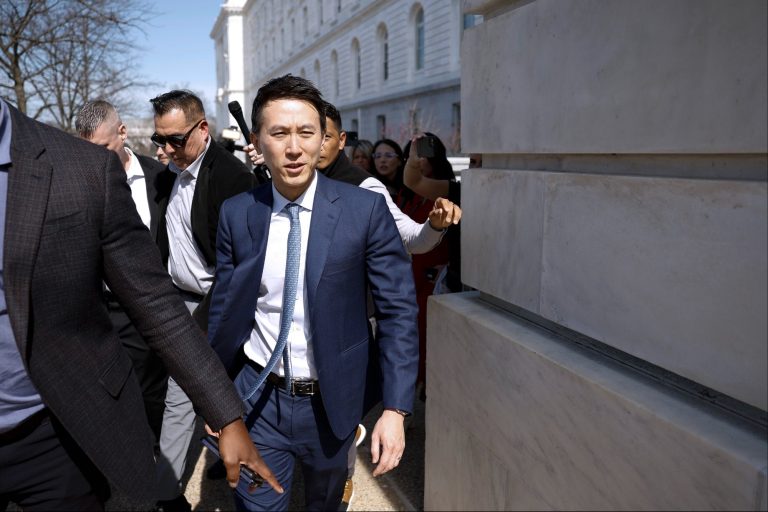
A new label makes it crystal clear when a TikTok creator uses AI-generated content, even from a different platform.
TikTok announced on Thursday that it is automatically labeling AI-generated content — even if users went to outside companies such as OpenAI, Google, or Microsoft, to obtain it.
Beginning on Thursday, TikTok will automatically tack an “AI-generated” label to AI images and videos from other tech companies, like an image created with Adobe Firefly. All global TikTok users will see the change as it rolls out in the coming weeks.
Today’s announcement that TikTok is joining our efforts to advance trust and transparency online with Content Credentials moves the authenticity ecosystem toward the ubiquity of trustworthy context embedded in content.
TikTok will begin labeling AI-generated content with… pic.twitter.com/zAdqSVtrxr
— Content Authenticity Initiative (@ContentAuth) May 9, 2024
Business owners who use TikTok to attract or grow an audience will now have viewers see “AI-generated” if they post AI content. This could help them tap into AI trends or differentiate their brand.
The label could also help viewers distinguish between AI deepfakes that use someone’s likeness or voice and real people.
TikTok’s automatic “AI-generated” labels are notable because they mark the first time a social media platform will cross-check AI content with other big tech companies using a universal standard. TikTok will use content credential technology from the Coalition for Content Provenance and Authenticity, which Adobe and Microsoft co-founded.
Content credentials are metadata tags that brush AI content with an invisible watermark, which TikTok’s systems can then detect.
TikTok is the first social media platform to support content credentials. It was one of 20 tech companies that signed a pledge earlier this year to prevent AI-related election interference.
Related: TikTok Sues U.S. to Block Ban, Sale Mandate, Says Divesting From ByteDance ‘Not Possible’
The cross-platform label enforces TikTok’s months-long effort to differentiate AI-created work from human work. TikTok asked creators to label AI content themselves and started testing automatic labels beginning in September.
TikTokers who use the platform’s in-built AI tools already get the “AI-generated” stamp on their videos.
TikTok faces a potential ban in the U.S., where it has until January 2025 to separate from its parent company ByteDance, or face removal from app stores. The platform has 170 million U.S. users.
Related: ByteDance Would Rather Shut Down TikTok in the U.S. than Sell It